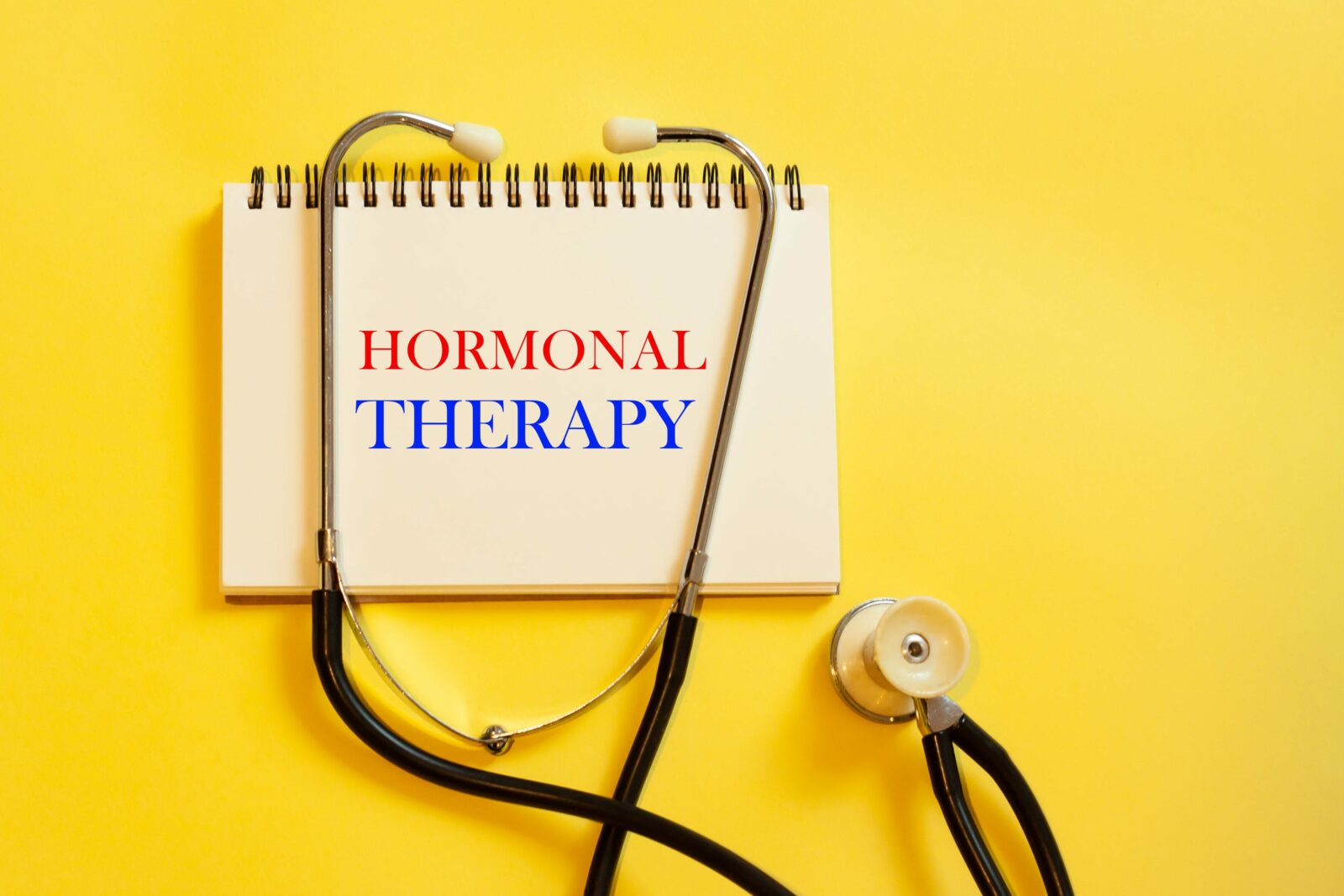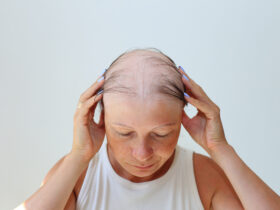United States: Hormone replacement therapy may be safely administered to women in middle age with a view to mitigating their persistent symptoms as early menopause finds its way into their lives, as per a major women’s health study.
Shared Decision-Making Encouraged for Women’s Health
In postmenopausal women below 60 years of age, hormone therapy can be used to uplift the symptoms like hot flashes and night sweating without experiencing long-term health problems like breast cancer or others, but the largest health data study by WHI suggests, as reported by HealthDay.
“The WHI findings should never be used as a reason to deny hormone therapy to women in early menopause with bothersome menopausal symptoms,” said lead researcher Dr. JoAnn Manson, chief of preventive medicine at Brigham and Women’s Hospital in Boston.
“Many women are good candidates for treatment and, in shared decision-making with their clinicians, should be able to receive appropriate and personalized healthcare for their needs,” Manson added in a hospital news release.
The WHI fell to more than 160,000 women aged 50 to 79. The study followed the incidence rates of heart, breast, or hip diseases and also included randomized clinical trials of over 68,000 women that assessed anti-aging treatments such as hormone therapy or calcium and vitamin D supplementation.
Before WHI, some reports indicated that clinically older and hormone-receiving women had a lower risk of cardiovascular disease, stroke, dementia, chronic diseases, and death, researchers elaborated in background notes.
A WHI clinical trial asking women to get off hormone replacement therapy in 2002 showed negative results for the combined therapy (estrogen and progestin)on women who took them had an increased risk of breast cancer, heart disease, stroke, and blood clots.
Women in the WHI who have received hormone therapy for the past two decades are followed and revealed a more accurate depiction of the potential risks as well as benefits of hormone therapy.
Revisiting Hormone Therapy

The WHI findings are now being proven; hormone therapy does not make women resistant to health problems related to aging, like heart disease or hip fracture, although older studies supposed so.
Nonetheless, studies have indicated that hormone therapy is less dangerous and more effective in treating menopausal-related symptoms in middle-aged women approaching menopause.
Advancements in Treatment Options
“Women also have more options for treatment now, including estrogen in lower doses and delivered through the skin as a patch or gel, which may further reduce risks,” Manson said. “Non-hormonal treatments are also available.”
The revised Women’s Health Initiative, where the findings were published May 1 in the Journal of the American Medical Association, also incorporates information on the significance of low-fat diets and calcium and vitamin D supplements.
Beyond Hormone Therapy
Even though it has been determined that calcium and vitamin D supplements wouldn’t help in the risk of hip fracture in aging women, researchers noticed that this supplement helps complement the nutrient intake of people who eat insufficient food.
As a matter of fact, in modern times, the low-fat diets being regarded as a cause of decreasing the death rate of breast cancer are being investigated by researchers. The initial finding of WHI that had been made before showed that low-fat diets did not reduce anyone’s risk of breast cancer and colorectal cancer, as reported by HealthDay.
Some trustworthy sources urge women to discuss with their doctor whether a low-fat diet or vitamin D and calcium supplements are suitable for them.











Leave a Reply